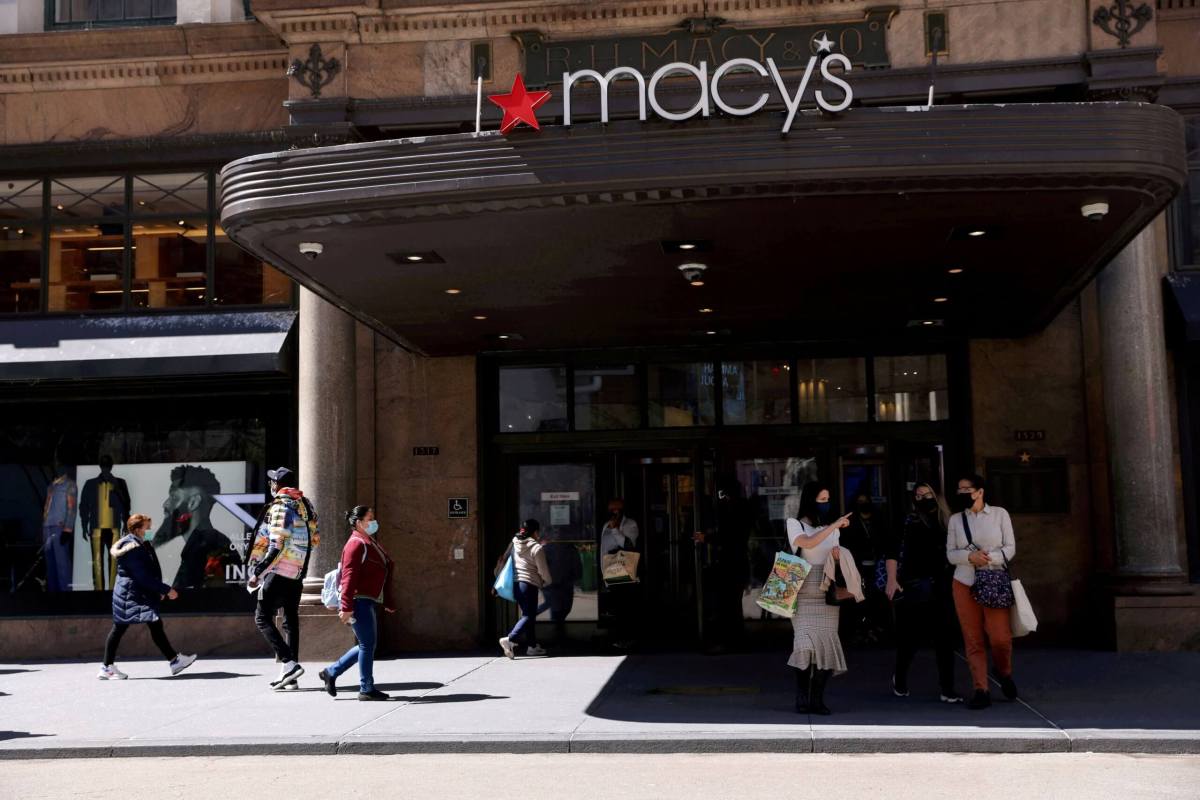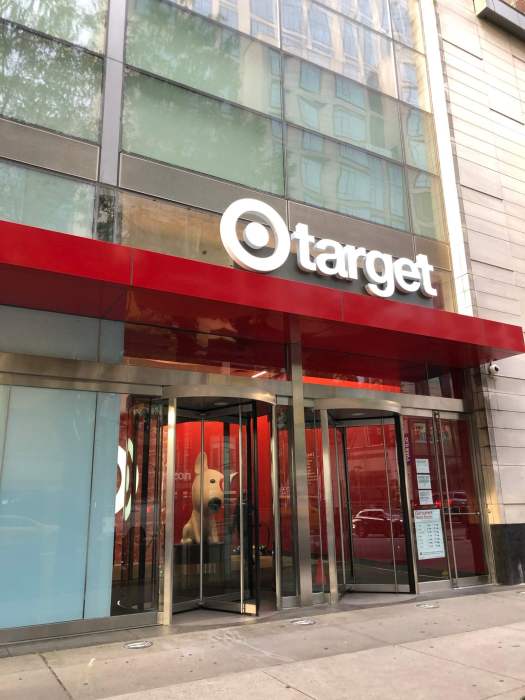Macy’s Inc and Kohl’s Corp raised their full-year sales and profit outlook on Thursday, signaling the department store operators have sidestepped supply chain snarls and were well stocked for the all-important holiday season.
The retailers also exceeded market estimates for third-quarter sales, benefiting from a surge in spending on perfumes, dresses and formal wear by Americans returning to offices and social events. Their shares jumped 7% each in premarket trading.
The retail sector has faced pressure this year from shipping logjams, shuttered factories in Asia and a scarcity of raw materials, leading companies like Nike Inc to warn of product shortages during the holiday season.
But moves by Macy’s to expedite shipments and make product orders earlier in the year helped keep its inventory levels rise by 19.4% in the quarter ended September.
“The company implemented several measures to mitigate supply chain disruptions and does not expect to be materially impacted during the fourth quarter of 2021,” it said in a statement.
Kohl’s said its inventory levels were up about 1%, easing concerns about a shortage of women’s apparel – a key category for department stores.
Macy’s expects full-year net sales of $24.12 billion to $24.28 billion, compared with $23.55 billion to $23.95 billion previously.
“I don’t think that all supply chain problems have been fixed, but Macy’s raised guidance could put people at ease that there will be enough product,” said Empire Financial Research analyst Berna Barshay.
A 1% rise in gross margins on pre-pandemic 2019 levels, aided by fewer promotions and full-price selling, should also come as a relief to investors at a time when larger retailers like Walmart Inc and Target Corp are struggling with higher supply costs, Barshay said.







































